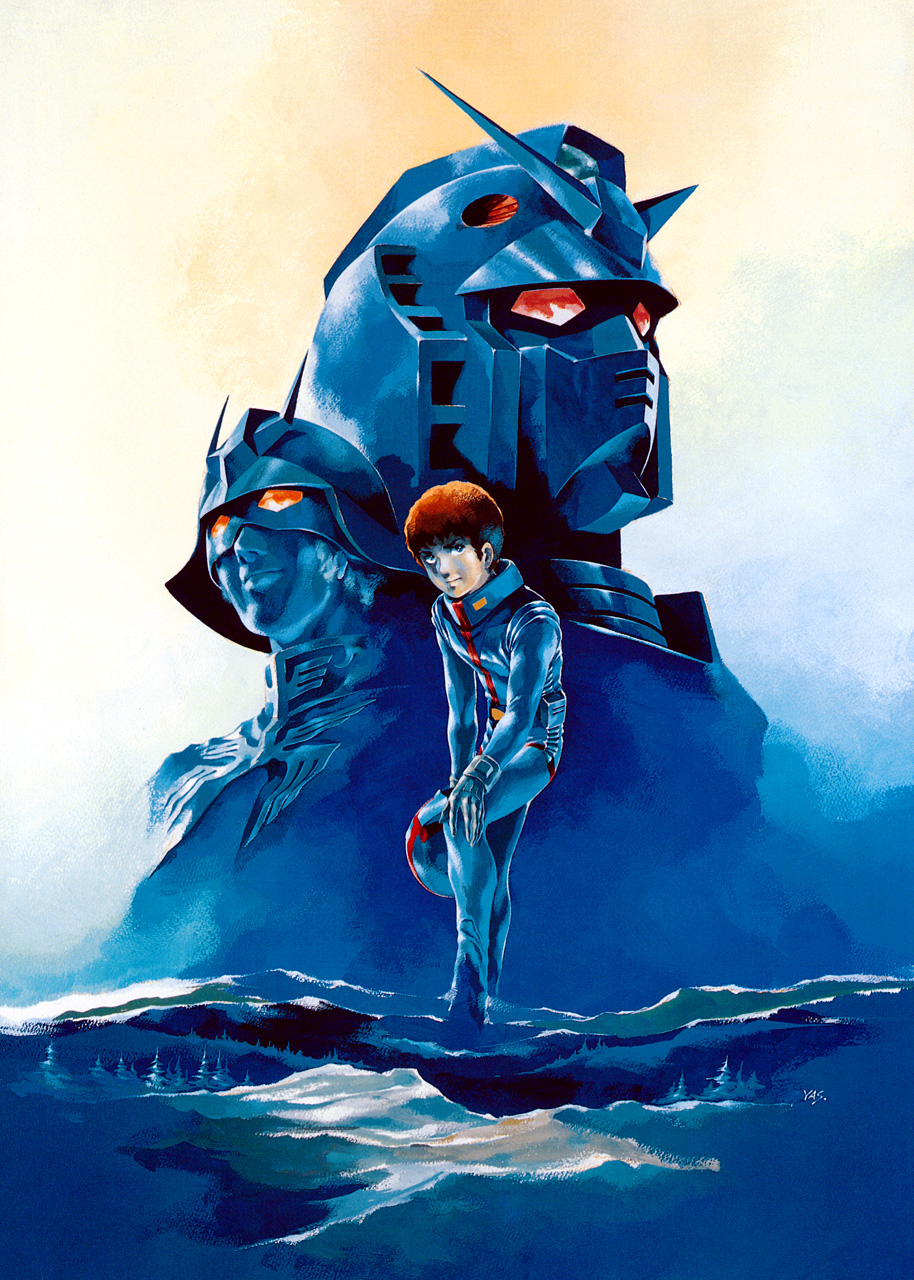It's hard to put into words but a lot of 70's anime have a this "raw emotion" that I don't really see in later productions: the way the character act and behave is very "human" to me. You can also see it in some early 80s productions but it basically disappears from the 90s onward.
I don't really have a "favorite series of all time" but I really like Gundam, especially 79', I've seen every single Gundam anime released I can guarantee you that it's all downhill from there
I know what you mean, and I wholeheartedly agree, although I think I have a clue why this happens.
If you're familiar with Youtuber Bennett The Sage quite a few years ago he made an arguably controversial yet highly interesting take on ''The Grave of the Fireflies'' by Studio Ghibli, and on a side note, its interesting to notice how Studio Ghibli is the last studio that still to this day maintains somewhat of a constant drive in making truly wholesome stories.
Now Bennett hinted a the idea that the movie wasn't as much as anti-nuclear weapons as people give it credit for and instead it was actually a criticism of the youth resentment for traditional filial piety. He proposed that the film was made so that generation who either grew up during the war or was rised by the people who were alive back then could influence/shame/command the new generation of the 1970s/1980s one last time to be humble of their elders and Japanese society as a whole, seeing how much they had to suffer in order for them to be able to thrive.
Still seeing how Miyazaki is often been labeled as a socialist/communist, I highly doubt that the movie isn't at least somewhat anti-facism and anti-war, but I also can't help but notiece that the hype of World Masterpiece Theater began to fade after the 1980s came to a close. With - after having missing Little Women II from 1993 - the last full Anime I watched from them before their hiatus that truly felt like a throuback being Trapp Family Story from 1991.
This would also offer a new look on the heavily American influenced Japanese Anime of the 80s seeing hwo that was the generation that was trying to escape that heavy burden of traditional filial responsibility from back in the day.
Thus I sense that after the bubble burst of 1991 teenagers could now have their own struggles to push back this narrative a little while either animators or the studios opting for a production increasingly oriented to present the current Japnese society's views rather than Americanishesque Japanese utopia of the 1980s.
Now in my opinion, if this is the case, then its a shame that this had to be this way, since
a) one could/should have one thing without having the bagage of the other perfectly fine
b) all the while the humanist values that inspired the literary works presented in the WMT animes marked a pivetal point in Western societies that completely transformed them for the better and should remain in vogue as a source of selflearning and introspection for every generation.
And that's where ''Fumetsu no Anata e'' comes into play which maybe its just an experiment of the moment but maybe its a hint that not all of that is completely lost and we still have a chance to see more of it in the future.
I'd be glad to hear your thoughts on all of this too.


